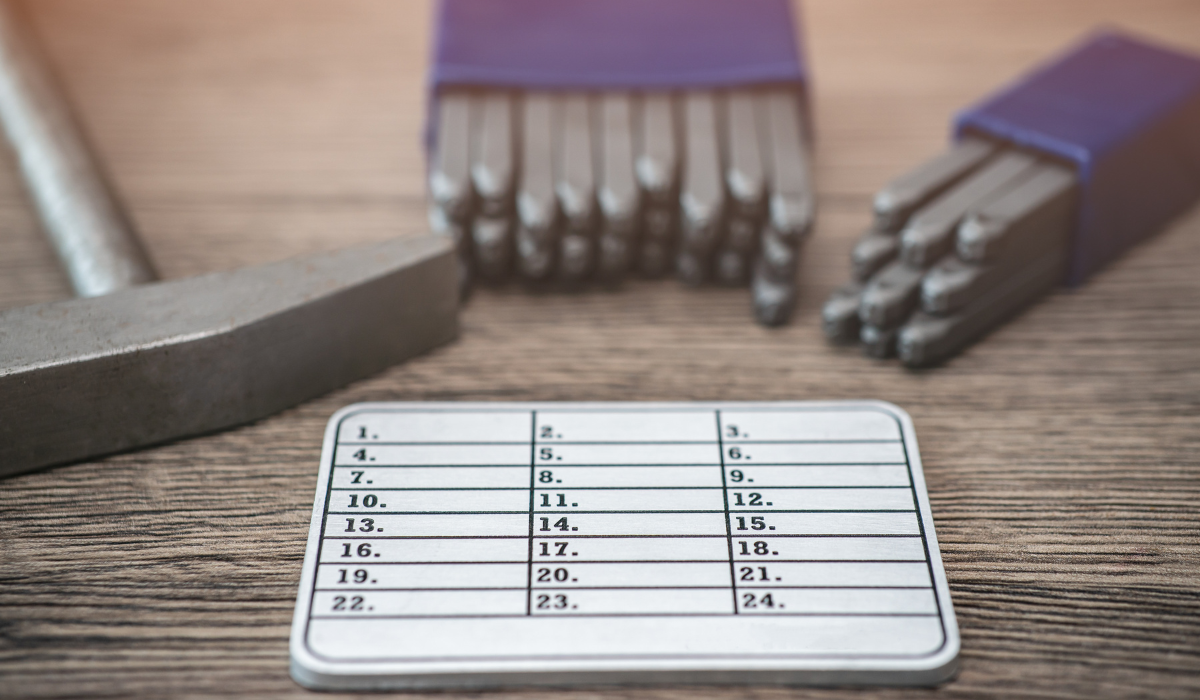Seed Phrases Offer Great Security, But At What Cost?
0
0

A seed phrase is an important security tool for cryptocurrency wallets. It usually has 12 to 24 randomly generated words. As a master key, it lets people get to and restore their digital assets.
Even though this method is very important for keeping cryptocurrencies safe, it has many problems, especially when handling information that is so important but easy to forget.
The High Price of Safety
The stringent security provided by seed phrases is necessary, but it also carries significant risks, mostly because users frequently forget these important keys. Many people have had to deal with the hard truth of this system: losing a seed phrase can mean forever losing access to large amounts of cryptocurrency.
One famous example is Stefan Thomas, CEO of Coil and former CTO of Ripple, who accidentally deleted the backup copies of his seed words and lost the password for the IronKey USB device that stored 7,002 Bitcoins, which are worth over $420 million today. These lost assets can’t be recovered because there are no backups or other ways to recover them.
When you use seed words as your only security measure, you risk losing money and being unable to recover your data. Users must be very careful when managing these words, which adds stress and increases the chance of making a mistake in digital asset management. There is no backup plan if seed words are lost, stolen, or broken.
This means that the security meant to protect users’ assets becomes an impenetrable wall that keeps them from getting to their investments. This fundamental risk is a big turnoff for new users and shows where cryptocurrency wallet design needs to improve most.
The Risk of Not Having a Back-Up
Seed words are very safe, but they also pose some risks because they depend on people remembering them. The human mind doesn’t always remember long strings of words that don’t go together or keep a real copy forever. This stiffness can make it very hard to get in, turning a security trait into a problem.
Users are less likely to trust the system when they can’t recover their seed phrase if they forget or lose it. It might make people less likely to use cryptocurrencies, especially when big amounts are at stake, which could slow down their widespread growth. Lack of backup plans increases financial risks and lowers users’ sense of safety and control.
Ambire’s Approach to Wallet Security
Ambire Wallet is a web-based cryptocurrency wallet that uses new methods to save you from having to remember standard seed words. Ambire does not require users to use seed terms to make accounts.
Instead, users can use emails and passwords. The non-custodial nature of Ambire means that users keep full control of their funds without the help of a third party.
The wallet automatically handles transaction fees, so users can pay for things with different cryptocurrencies without holding the blockchain’s native gas tokens. For example, users can pay transaction fees with an ERC-20 token. The wallet system then uses smart contracts to exchange the token for the necessary ETH, making the transaction possible.
Ambire has a decentralized independent organization called WalletDAO that is run by people who own WALLET tokens. With this setup, users can have a say in how the bank is developed and works with other apps.
Through governance votes, users can decide which features and DeFi protocols are added to the wallet, allowing them to customize its usefulness to their wants and tastes.
Ambire Wallet has many features and control systems designed to make it easier for people to use and flexible enough to meet its community’s security needs and tastes.
Better Security for Wallets
Technological advances have significantly improved cryptocurrency accounts’ security by removing sole dependence on seed words.
Developers are adding more advanced and easy-to-use security features as digital assets become more popular. Using personal data, like fingerprints and faces, is a big step forward because it connects security directly to the user and makes it much harder for people who aren’t supposed to be there to get in.
Also, increasingly modern wallets use multi-factor authentication (MFA), meaning you must prove your identity in multiple ways to access digital assets. This usually includes a password (something the user knows), a smartphone app or hardware code (something the user has), and a physical identifier (something the user is). This makes security better than seed words alone.
Other new ideas include protected backup systems and safe, easy-to-use key management systems that allow storing and retrieving access passwords safely, lowering the risks of loss or crime. These tools give us more freedom and safety, so we can still access our money even if one part of our security fails. These changes strengthen wallet security and better adapt to the needs of a growing range of users.
Cryptocurrency Security in the Future
Cryptocurrency security will likely move away from standard seed words and toward safer, easier-to-use options. As the industry ages, the focus is on making security features easier to use and more reliable. This change could lead to the creation of technologies that fit into people’s daily lives without putting their digital assets at risk
Biometric technology that works better and artificial intelligence are two important trends. Biometrics like improved face recognition and speech identification and new technologies like heartbeat or blood pattern recognition will likely become more common in cryptocurrency wallets.
Because these methods are different for each person and hard to copy, they offer better security.
For security reasons, artificial intelligence is becoming more and more important. In addition to making security systems more proactive, it can quickly find and react to strange transaction trends or possible security holes.
Work is also being done on autonomous identity technologies that could make it easier to handle passwords safely and fluidly without having a single authority keep an eye on everything. This would protect user privacy. Work is also being done on quantum-resistant security, which will help protect against possible future threats from quantum computing.
These improvements will make cryptocurrency transfers safer, more private, and easier to use. Lowering the hurdles to entry that come with security worries could make cryptocurrencies more popular.
0
0






